
Brian's Run Pod
Welcome to Brian's Run Pod, the podcast where we lace up our running shoes and explore the exhilarating world of running. Whether you're a seasoned marathoner, a casual jogger, or just thinking about taking your first stride, this podcast is your ultimate companion on your running journey.
Join us as we dive deep into the sport of running, covering everything from training tips and race strategies to personal stories and inspiring interviews with runners from all walks of life. Whether you're looking to improve your race times, stay motivated, or simply enjoy the therapeutic rhythm of running, Brian's Run Pod has something for every runner.
Brian's Run Pod
From Reluctant to Ultra Runner - Merili Freear
We welcome back Merili Freear to discuss her remarkable journey since her last appearance, including completing a grueling 100-mile ultra marathon and venturing into poetry.
• Marketing her book helped Merili overcome shame about her depression and mental health struggles
• Digital marketing course provided new skills she wouldn't have pursued without the book
• Training for a 100-mile ultra focuses primarily on mental preparation rather than just physical conditioning
• Robin Hood 100 race features canal paths and two 30-mile woodland loops with strategic aid stations
• Weather extremes during the race (intense heat followed by heavy rain) contributed to nearly half the field dropping out
• Support runners allowed to join after 52 miles helped Morelli through difficult night sections
• Ultra running community is more welcoming with less emphasis on times compared to marathon culture
• Walking during ultras is normalized, creating less pressure than marathons where finish times are scrutinized
• Morelli finds satisfaction in inspiring ordinary runners to attempt extraordinary challenges
Join us next week for the second part of our conversation with Morelli as we explore her future plans and newfound passion for poetry.
Brian's Run Pod has become interactive with the audience. If you look at the top of the Episode description tap on "Send us a Text Message". You can tell me what you think of the episode or alternatively what you would like covered. If your lucky I might even read them out on the podcast.
Instagram
So you're thinking about running, but not sure how to take the first step. My name is Brian Patterson and I'm here to help. Welcome to Brian's Rompod. Well, hey there, runners, welcome back to another episode of brian's rom pod, and I'm your host, brian patterson. And today we're catching up with a familiar face, or should I say a familiar stride. That's right, morelli ferreira is back on the pod, and you may remember our previous chat where we delved into a transformation from a reluctant runner to an ultra marathon runner, and she was also talking about her new book at the time. So that was nearly way back in July last year. So, anyway, I thought why not have her back on the show, because I was listening to the podcast the other day. Well, she has been up to some incredible feats since then, including conquering a hundred mile ultra and also venturing into the world of poetry. So welcome back for the second time, morelli. How are you doing?
Speaker 2:I'm doing great. It's lovely to be back, brian, thank you very much for having me.
Speaker 1:Are we in your basement again? Are we? Are you next to your treadmill again?
Speaker 2:uh, yes, this time I used the background a background yeah, I have two bikes behind me oh okay, oh, that's good.
Speaker 1:So I know, no, I know normally, like I do with you know, the last time we kind of went back to you know exercise when you're growing up, but this time obviously we won't go back to doing that. But I know you did, since you know, when you wrote the book you did a lot of marketing. You know you went on quite a few podcasts. I'll be interested to find out really, as to you know how, what was the effect of sort of you know you promoting the book at the time?
Speaker 2:mentally. I must say that marketing a book is maybe even the harder than actually writing the book really but it's it's necessary thing that you have to do and and in a way, for me, it helped me because it because I went to all those different podcasts and and I had some book signings and talks and and it encouraged me to more open up about my running journey, about my mental health and and as before, I was a bit embarrassed about being depressed and suffering with depression in the past and you know it never entirely goes away.
Speaker 2:But because of talking about it and and sharing my experience, I I felt validated in a way and and I felt validated in a way and I felt that I don't carry that shame anymore. So that definitely was the positive side of going to the podcasts and doing the talks.
Speaker 1:Do you think writing 60,000 words was a form of therapy?
Speaker 2:Yes, I love writing. It's just the hard part is what comes after that. You have to go through all those different rounds of editing and then have to's just everything that comes after that. But you know, it's a new skill that I have learned. In February I finished a digital marketing course, so this kind of pushed me to learn new skills, and I think learning something new is always useful, and without a book I would have never looked into digital marketing. So it was definitely a good thing that came out of it, because I felt that I was just lacking knowledge how to do it properly.
Speaker 2:So that's why I went towards to study a new skill.
Speaker 1:Do you think the I don't know if I touched on this last time is that the fact you're? You know the running came first, that you learned a lot of lessons through running that you could apply to you know other things? Yeah?
Speaker 2:definitely Running does come first and you can learn a lot of lessons that you can apply for the everyday life, and recently I haven't been running that much, but those lessons from running are still there and I know that I can always turn back to running more always turn back to running more when I so.
Speaker 1:Um, as I said, you know you went, you completed a hundred mile ultra. I mean the, the fact that you know. Just saying that completely blows my mind how you, you can't. It's not like you do a I don't know 10k and then you train, you do your long runs, or you do a I don't know 10K and then you train, you do your long runs, or you do your tempo runs and whatever you know. So how do you train for a 100 miler?
Speaker 2:The big part of the training is training your mind.
Speaker 1:Right.
Speaker 2:That's the bit that will let you down. Of course, putting the miles in, doing your strength training and practicing your nutrition and planning everything out, it's important, but the main thing is training your mind, because for me, my physical training maybe didn't go exactly to plan and I wish I would have been able to run more, but life happens and not everything goes to plan, but I did what I could and I focused a lot on strength training.
Speaker 2:I still did many, many long runs, but I focused a lot on how to mentally tackle this distance. But in the end, when I went to that start line, I still couldn't really comprehend if it's even something that is possible. I went there not knowing if I will be actually able to finish, if it's possible.
Speaker 1:Right, but give us a bit of a sense of how you trained mentally for it. So was this something that either you kind of thought about on a daily basis, or was there anything in particular, any techniques?
Speaker 2:Or was there anything in particular, any techniques? Yeah, I read about other people's experiences who have run 100 miles. I went towards YouTube and watched all those little videos when people shared their experiences, what they feel, and I kind of said to myself that be prepared to hurt and be prepared that you want to give up, and what to say when those moments are coming and what's the reason why you're doing it. And for me, it was just proving to myself that I can do something like that. Do something like that and and I was kind of hoping that I get mentally out of it something that it will be this kind of transformational experience and and it was- I mean.
Speaker 1:The thing is, it's not like you know, if you're running the London Marathon, you're being encouraged. I was just thinking that you're being encouraged all along the way because there's only kind of a small amount of people who are actually doing it with you. Is that correct?
Speaker 2:Yes, the race I did was Robin Hood 100. If anybody is considering doing 100 miles, and as a first 100 miler, it's definitely a good one to do because it's fairly flat, it's very well organized, it's a small race, but it's. It takes place in, uh, very lovely surroundings, lovely volunteers, everybody are really supportive and and I would really recommend that and one thing that is good about this race you're allowed to have a pacer or support runner, somebody who who is with you from 52 miles. So you have to make it to the 52 miles and then somebody is allowed to join you. It doesn't have to be the same person, um, until then, but only one person is allowed to be with you at the time.
Speaker 2:So I I had two paces Right Mike from the running club that I'm a member of. He did 34 miles with me and stayed with me through the night, and then in the morning, my friend Lindsay joined me for the last 16 miles, which I thought at the time will be just 16 miles, but in reality, reality these were the hardest miles ever oh, really well, I remember seeing on Instagram right at the end and you were kind of walking a bit lopsided yeah, it's um, yeah it's.
Speaker 2:It started, uh, maybe during the last three miles, but I I don't remember exact moment because I wasn't looking looking at myself but strangely it didn't hurt or anything okay like that. So I wasn't in pain, it was well. There are several reasons why people could look a bit lopsided. One reason is that they just have electrolyte imbalance, that maybe they have drinking too much and haven't taken enough electrolytes in. But for me, I think because I had massive blisters on the well both of my feet, but one was worse than the other and I think I just tried to take a big pressure off.
Speaker 1:I would say okay.
Speaker 2:Because after the race it was a few days when I was really struggling to step on that foot. However, that lean that I experienced as soon as I finished I sat down, I had something to drink and eat and I was fine, so it wasn't anything massive. Apparently it's very common, I have learned. I had no idea, but it's not uncommon amongst these kind of long distances.
Speaker 1:So I've never watched or taken part in an ultra marathon. So, when you're on the start line, so what's the strategy? So what do you do, do you say, right, I'm going to be doing 10, 15 miles running, and then what? Do you take a break, or how does it work?
Speaker 2:well, different people might have different strategies. My strategies was that if, if there even is a bump, I will walk it. I declared that's a hill and I will walk it, and that was my strategy from the beginning and I carried on I don't know how long with that strategy. In the beginning there were quite a lot of other runners, so I chatted with them and learned about their stories, which was really useful, because some of those runners I ended up running together a little bit, because with ultra running it's often that you run a little bit with somebody and then you go to a separate place but maybe 10 miles later you meet the gun.
Speaker 2:Everybody does it a bit differently. They have different strategies and and you know how you just just feel on the day, because when I was doing it it was september, but it it was a rather hot day, so, um, it slowed quite a few people down because it was hot yeah, yeah, and you have to be obviously very careful, like you said, in getting electrolytes and also um being hydrated, you know so during this kind of distances, at least um the one that I did, they had regular aid stations and and I carried my own food as well, but, uh, but it wasn't a problem stocking up with new food and water.
Speaker 2:There was just this one section that was 10 miles that there was no aid stations between and that we found because it was really really hot and I was able to carry only a liter of water. That actually wasn't enough, but you know, normally it wouldn't be a problem.
Speaker 1:Right, yeah, and is it a circuit? So is it a lap? You do various laps, or was it this?
Speaker 2:one I did, was it started at? Was it South Wheatley? You started at? Was it South Wheatley? And you joined the Chesterfield canal. So you were running the canal path roughly 20 miles and then there were two 30 mile loops at the woods and there were some villages as well, and then you came back the same way and then you finished on that canal path again and you finished in the same place.
Speaker 1:So it was quite well organized, I suppose.
Speaker 2:It's very well organized. In the beginning, you were able to have a drop-off bag that, uh, you were able to access at 52 miles and then 82 miles, so you were able to add, like some you know, some extra clothes there or oh right okay, food and things.
Speaker 2:So that was definitely helpful. Because what happened with us? Um, it was really hot during the day, but then during the night it started to rain and it rained very heavily and it got really, really cold and in some areas there was all the fireworks and things, all the thunder, but we didn't really got that bit, but it was really really heavy rain, I would say roughly four and a half hours, so it was like everything was like when it was really really heavy rain, I would say roughly four and a half hours. So it was like everything was like when it was the road bits, they turned into rivers and and it's, it's. It's not great for the tired feet that are already maybe blistered, so that definitely slowed a lot of people down and, um, and a lot of people cancelled, um as well, dropped, dropped out because, yeah, I was going to ask how many, how many started and and sort of how many finished?
Speaker 2:um, I think it was 138 starters and 83 finished how many finished? 83 83 okay so they said that it was one of the highest drop of non-finishers.
Speaker 1:Oh right, okay, so they were expecting more people to finish it.
Speaker 2:Yeah, they were, but you know it probably was the weather and it was so hot during the day and you know all sorts of things could happen. People could get injured. And it doesn't mean that they're not great runners, it's a lot of things could happen.
Speaker 1:Yes, I mean I interviewed someone who'd come over for the London Marathon and she was quite an experienced marathon runner and she was from the States and unfortunately I don't know what it was, but she must have got some kind of tummy bug leading up to the event and you know it didn't. You know she didn't. She wasn't able to accomplish the time that she sort of set out for herself, so it was a bit disappointing for her. But you know, you don't know. You know sometimes, leading up to events, what was going to happen.
Speaker 2:So yeah, well, this year london marathon was very, very hot and yeah, and I had a few friends who did it and they said that it was a lot of people were collapsing and really it was really hot, so. So I think anyone who managed to finish maybe not with the desired time, but at least if they finish safely and didn't get ill, they're really doing really, really well. Every race can be the personal best, and sometimes you just have to prioritize your safety first.
Speaker 1:Yeah, have you done London.
Speaker 2:I haven't done London. I'm entering the ballot every year and never get in.
Speaker 1:You'd like to.
Speaker 2:Maybe one day, although this year I think so many people entered that it's probably more likely to win a lottery than get into London Marathon through ballot.
Speaker 1:Or maybe doing.
Speaker 2:I don't know Tokyo.
Speaker 1:Or do you think all the majors get like a hundred thousand applicants?
Speaker 2:Not all of them, all of them do. But I think for me personally, because um Races are not so important to me, I don't feel that deep desire that I definitely have to do the six majors. I run for me and I think I like the ultra running bit more because there aren't so big expectations. Exceptions, yeah, expectations.
Speaker 1:Expectations okay.
Speaker 2:Yeah, expectations are not so high because you know if you walk during the ultra no one blinks an eye. But it's a lot of pressure to do a certain marathon time, probably if you do a marathon on the weekend and go to work on Monday and then everybody asks what time did you do?
Speaker 2:Oh, yeah, that's true nobody says that what did you do? Did you walk? Yeah, it doesn't matter. It just matters that you had a good time and you got to the end, which I think it's a lot healthier attitude, in a way why do you think the um the ultras have become so popular now? I think, um, I think that doing uh like 30 mile ultra somewhere in the woods where it's like softer surfaces and is actually easier than a full-on road marathon I know it's a bit longer, but I think maybe more people feel that they can do it, as maybe they feel that with the marathon it's harder.
Speaker 2:But yeah, I think it's easier to do the 30 mile ultra. But I think people want to try out their limits. People want to try out their limits and because ultra running community is so welcoming and everybody are so kind and nice and you know you get a lot of support when you're on a route, so I think that's the big part of it. And spending time running in the woods doesn't sound that bad. You know you have all those uh nice aid stations when you could have some nice biscuits or cakes.
Speaker 1:ultra running is basically just running in the woods looking for and eating yeah, exactly I suppose it's all about uh, it's not about sort of like the race, it's because it doesn't really. It doesn't say oh, the ultra running race, you know it's ultra running.
Speaker 2:A lot of people say ultra running is about basically doing the distance and it doesn't matter what time you've done it in, or anything like that yeah, well, there are amazing ultra runners who do amazing times, but, um, it's, it's not that for everybody, because, you know, last year Jasmine Paris finished Parkland Marathons oh yes, amazing feat yeah she's, she's absolutely amazing runner.
Speaker 2:But but it's. It's showing to to the next generations that it's possible that woman can finish race like that. But it's not everybody wants to do those kind of grueling things. Some people just want to have some fun, maybe running with their friends in the woods eating nice food.
Speaker 1:Do you think she just on that, do you think she should have got more publicity about what she accomplished? I mean, you know, she was on sort of Runner's World and I did see a section on the BBC Sport website or something like that, but you know, what she accomplished was quite remarkable, wasn't it?
Speaker 2:It was. Have you seen the documentary about it?
Speaker 1:No, no, I missed it, so yeah.
Speaker 2:I think it's on YouTube. I would really recommend accomplish it because it's it's very grueling race, but you have to be really really fast as well to actually finish it on the right time. So for her.
Speaker 1:I'm just thinking of, let's say, a I don't know someone who got a medal in the olympics or something like that. So you know you might have had a bit more of a fanfare and that kind of thing. So I don't know, I know there may not be.
Speaker 2:Maybe she should have had more publicity, but I think in a way it's probably up to her as well. Maybe she didn't feel comfortable. I don't know her.
Speaker 1:I can't really comment. I don't think she was short of offers.
Speaker 2:So, yeah, so, because it's, um, being kind of that media face, it's, it's tiring, so maybe she just wanted to focus more on running, and there are a lot of people who think that it's absolutely amazing what she did, and it absolutely was.
Speaker 1:I'd like to just go back to your book. I know we're kind of hopping around everywhere, but I mean, about your book. Was there anything in terms of the reception that you got or maybe what people sort of thought about the book once you published it, because it's kind of like you've kind of spilled the beans the book once you've published it, because it's kind of like you've kind of spilled the beans. You know you've done this, this journey, and you know you laid it out there, your running soul, as it were. So was there anything that surprised you or, you know, from the reception you got?
Speaker 2:yeah, I, I got a lot of good uh good reception with my book and it was really rewarding what I discovered that there are a lot of runners who are not to race all the time or do park runs every Saturday, and that's absolutely fine and it's lovely that a lot of those runners have found their way to my book. For me personally, I feel really rewarding when somebody says that they were inspired by my book and they are going to try some things out themselves that they didn't think that they could do, and I think that's really the reason why I wrote it to just show that you don't have to be a fast runner or anything like that.
Speaker 2:You just show up and and and do your best, and so just to show that ordinary people can do some extraordinary things. Maybe it's not the level of just in paris, but it's still for for those people it's, it's an extraordinary feat. I think this is great for everybody's confidence. That's good.
Speaker 1:I think you'll agree with me that having Mireille back on the pod really provided some inspiration for those wanting to participate in an ultra. We've had many guests who have taken part in this extreme event, but doing 100 miles is beyond me. Although she says that it is unfinished business and would have liked to have placed higher up the order, for me she is a winner. So next week we'll delve into what is next for Morelli and for her newfound passion of poetry. I hope you'll join me for her next part of my chat with Morelli, and so bye for now and see you soon.
Podcasts we love
Check out these other fine podcasts recommended by us, not an algorithm.
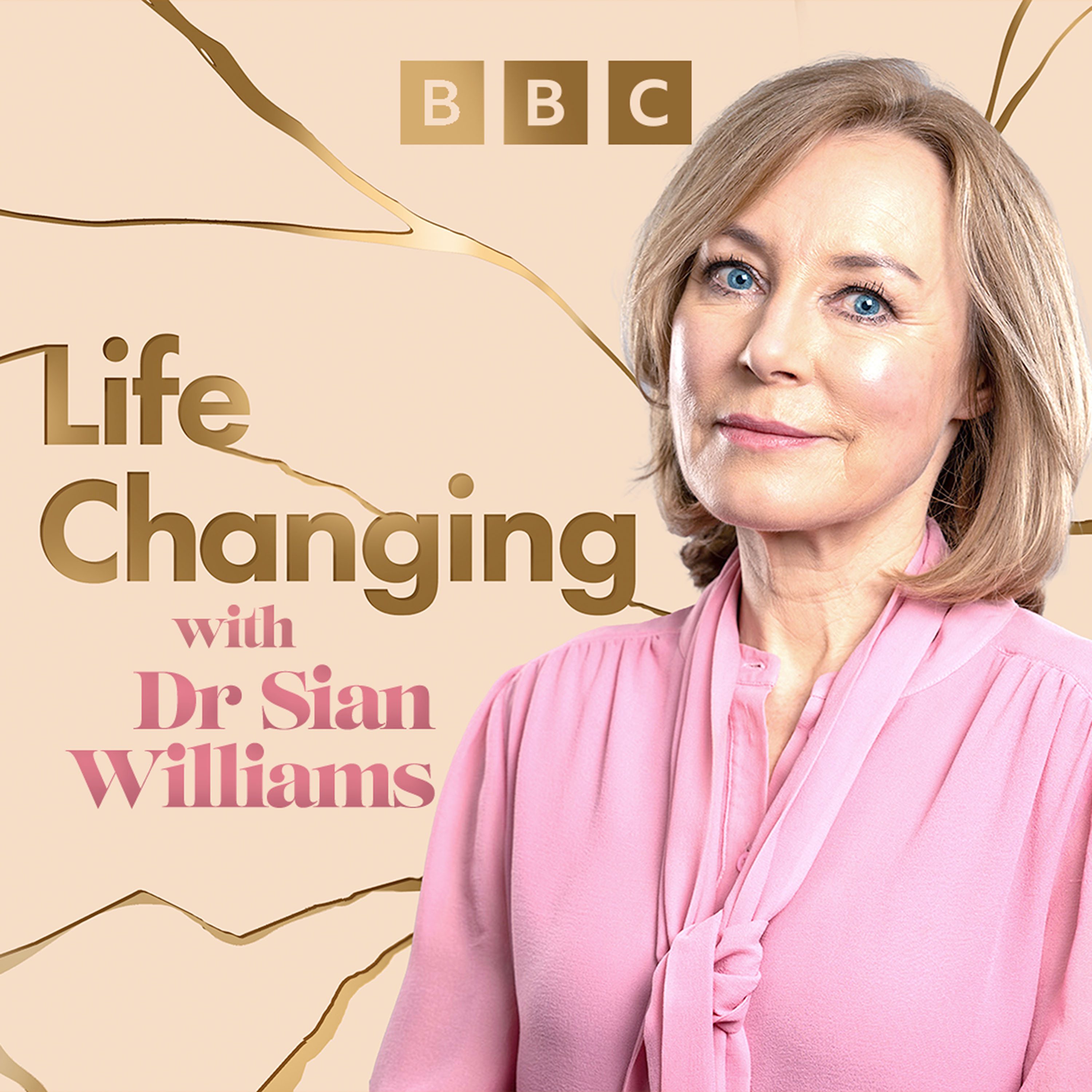
Life Changing
BBC Radio 4
Tech Life
BBC World Service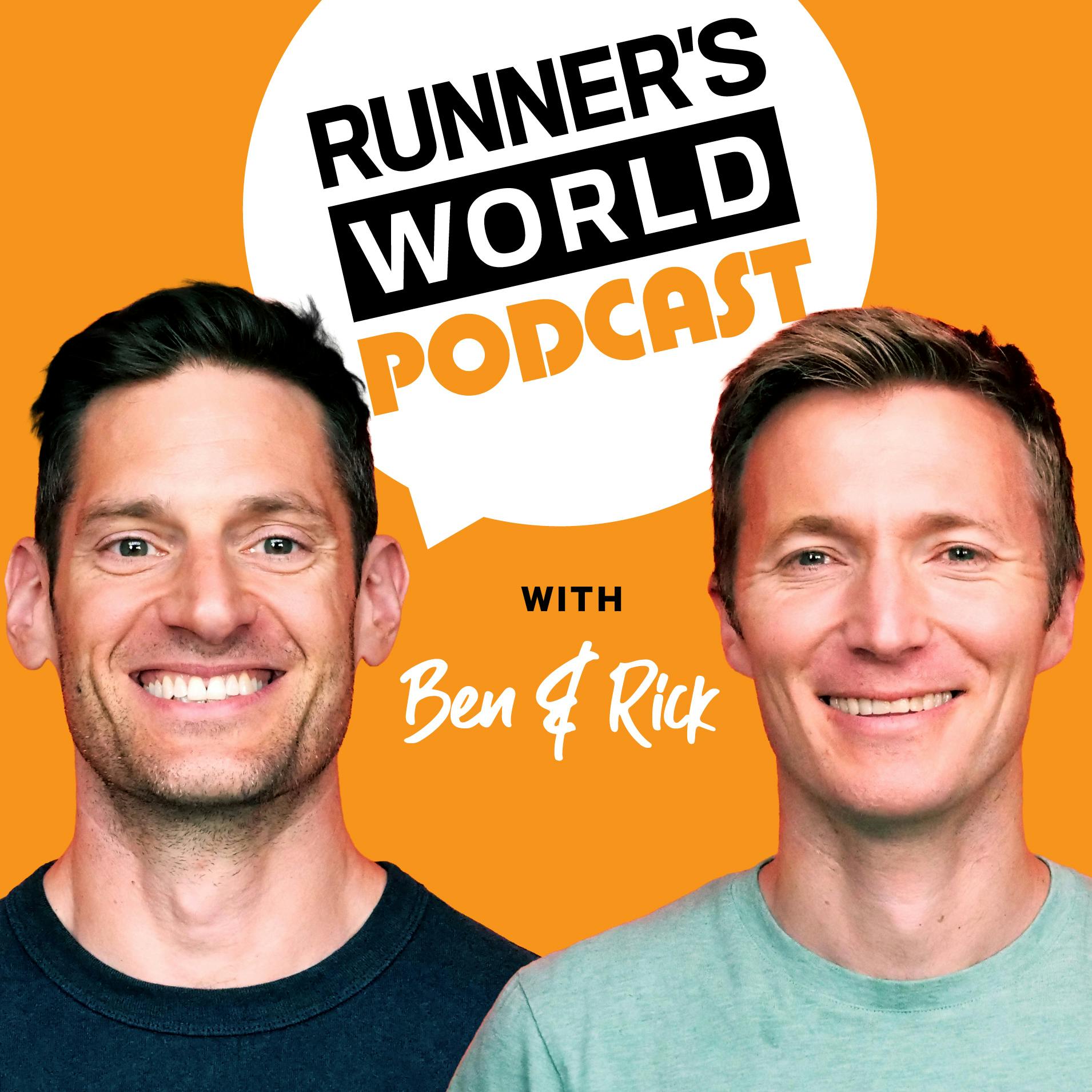
Runner's World Podcast
Runner's World UK
Buzzcast
Buzzsprout
Newscast
BBC News
Understand
BBC Radio 4
Cyber Hack
BBC World Service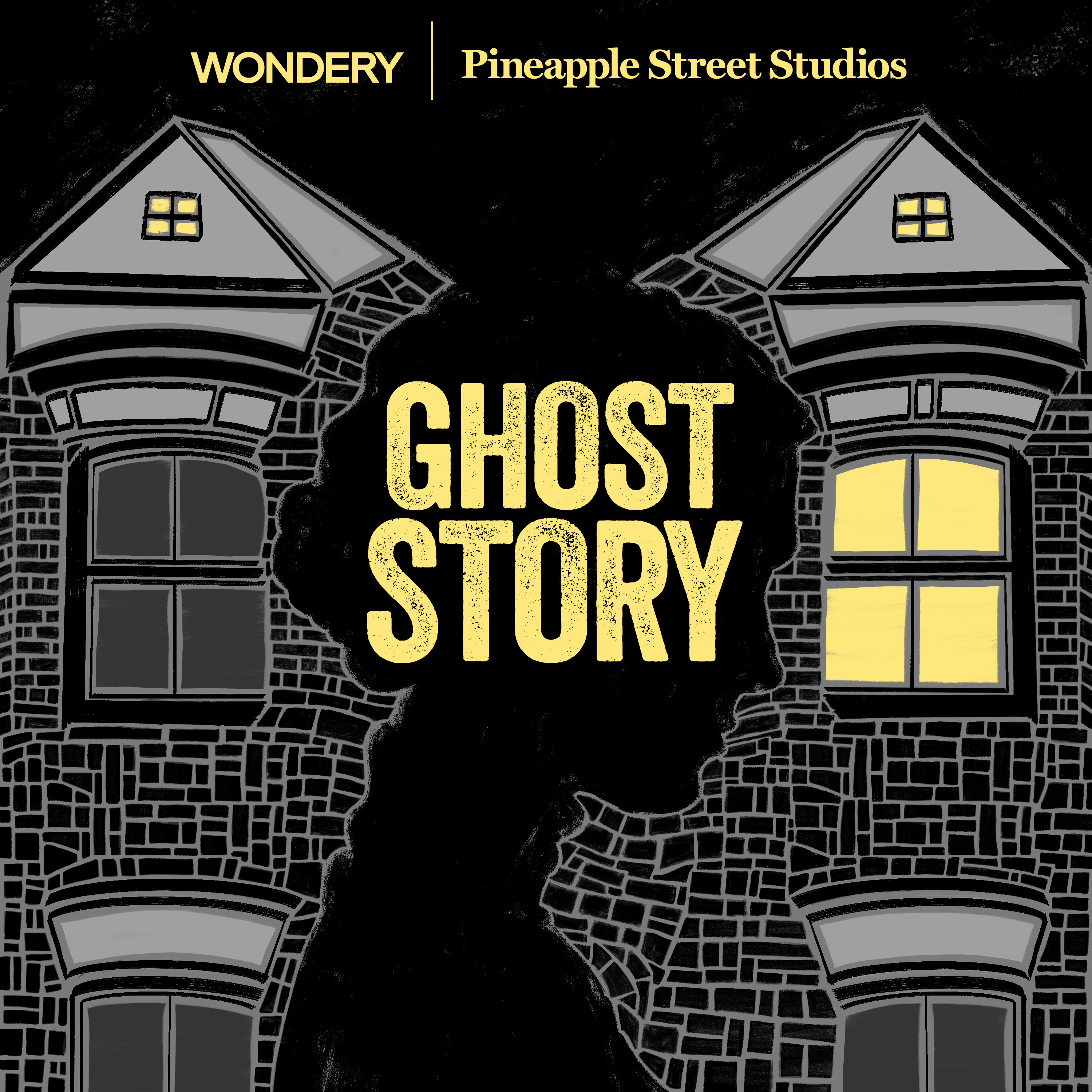
Ghost Story
Wondery | Pineapple Street StudiosDiz Runs Radio: Running, Life, & Everything In Between
Join Denny Krahe, AKA Diz, as he talks with a variety of runners about running, life, and everything in between.
Uncharted with Hannah Fry
BBC Radio 4
The Global Story
BBC World Service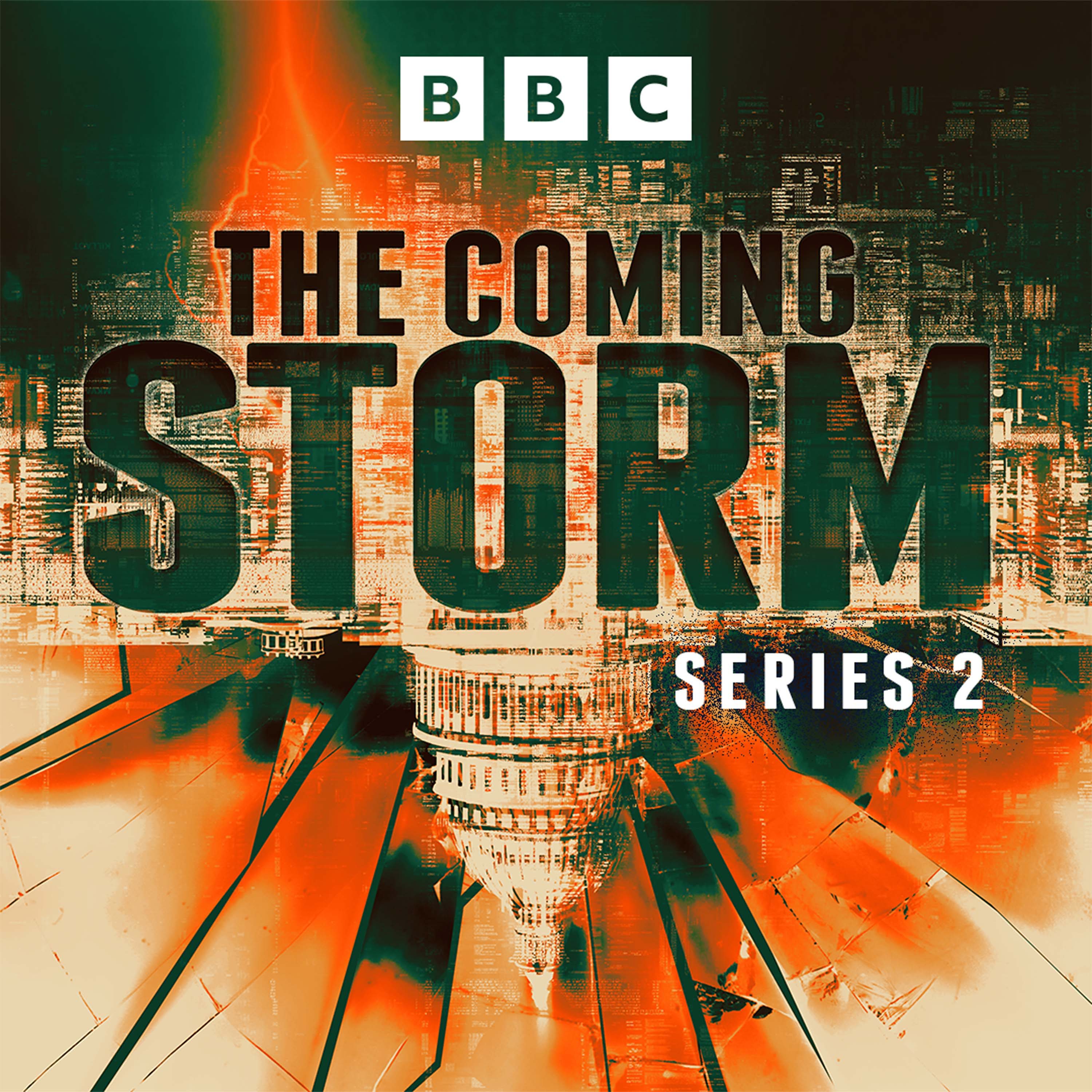
The Coming Storm
BBC Radio 4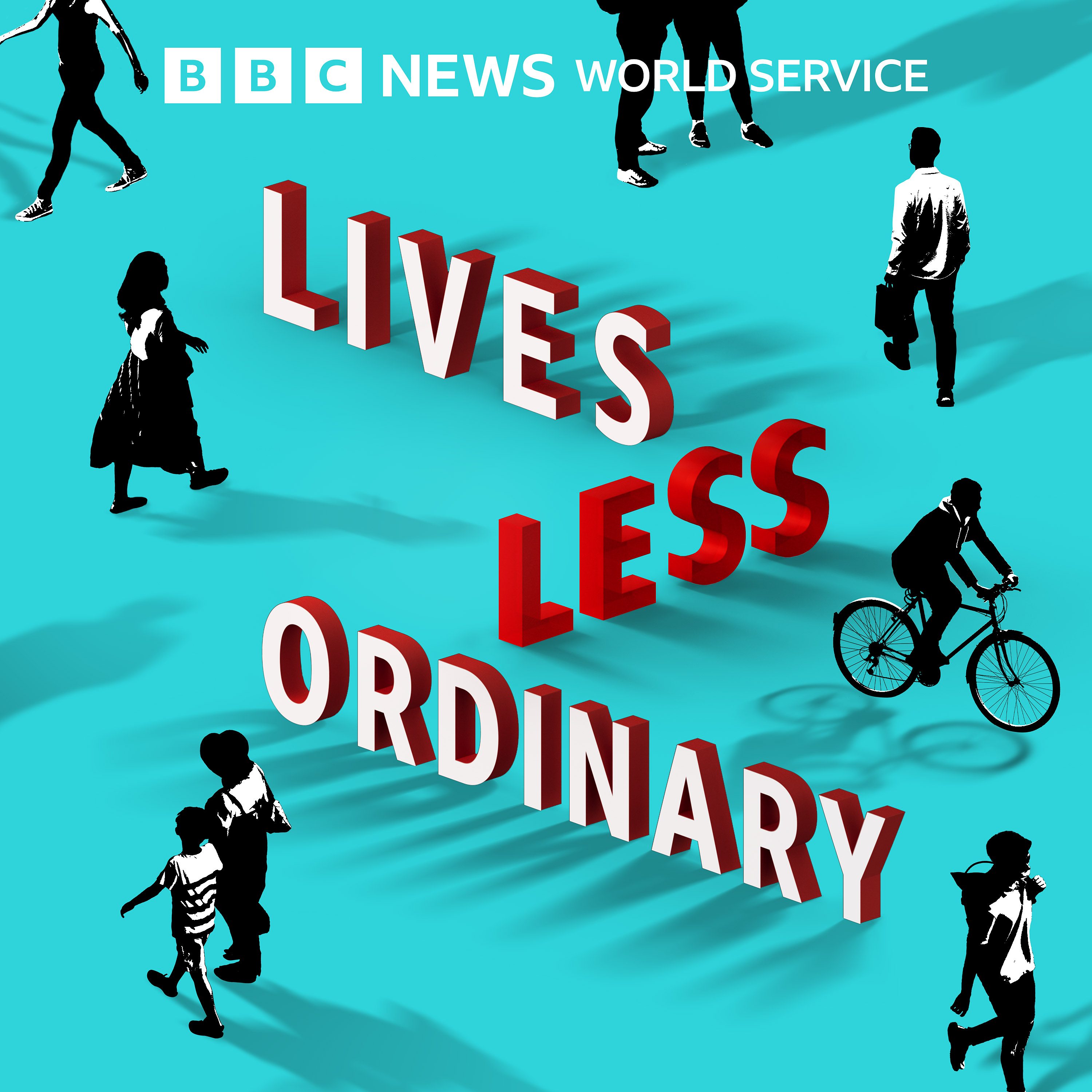
Lives Less Ordinary
BBC World Service
Do Epic Shit Today Podcast
Hannah Mulhern
The Rest Is History
Goalhanger
